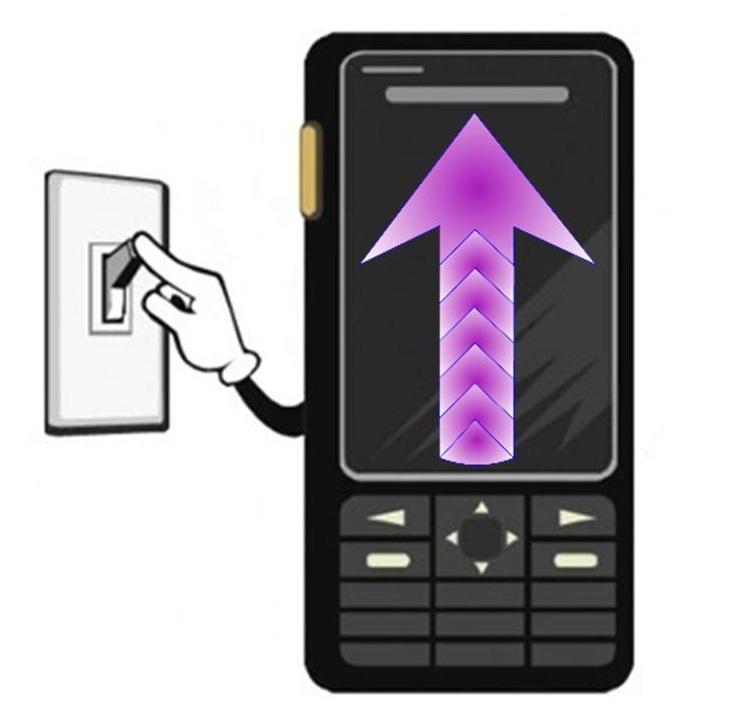 The most recent statistics are showing that the devices are more common than toilets around the world.
The most recent statistics are showing that the devices are more common than toilets around the world.
The latest technology news through a recent UN report has shown that there is officially greater access to mobile phones around the world than there is to toilets.
The United Nations report has indicated that the penetration of these devices is greater than that of bathrooms.
According to the statistics within the UN report, there are approximately 6 billion people around the globe who currently have a mobile phone. At the same time, however, there are only 4.5 billion who have access to a traditional latrine or toilet. Though this may seem to be a rather amusing statistic, this technology news has revealed a shocking truth to some of the largest organizations in the world.
The technology news report has unearthed an issue that is not at all funny, though the data may seem to be.
As a result of this technology news, the UN and some of the largest names in the industry – which includes Bill Gates from Microsoft – are coming together to help to solve the “sanitation crisis” that is occurring in many regions around the globe.
This week, the deputy secretary general of the United Nations, Jan Eliasson made a call to action to the people and organizations of the world in order to make urgent changes to eliminate the lack of basic sanitation that is a daily reality for 2.5 billion people, as well as “to change a situation in which more people worldwide have mobile phones than toilets.”
Mr. Eliasson explained his determination to drive action that will lead to positive results based on this technology news. He has addressed his call to all actors, “government, civil society, business and international organizations,” to make a commitment to taking measurable action that would generate the necessary resources and implement them for a rapid boos to the “access to basic sanitation” that is available to people around the world, no matter where they may live.
The technology news was seen as a reality check that led directly to this call to action. According to the UN report, it would not establish any new funding mechanisms or structures. Instead, it would concentrate on creating action, one community at a time, at that level.

 Mobile commerce is picking up momentum
Mobile commerce is picking up momentum